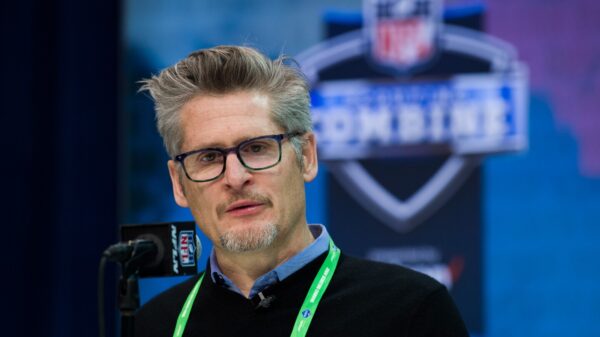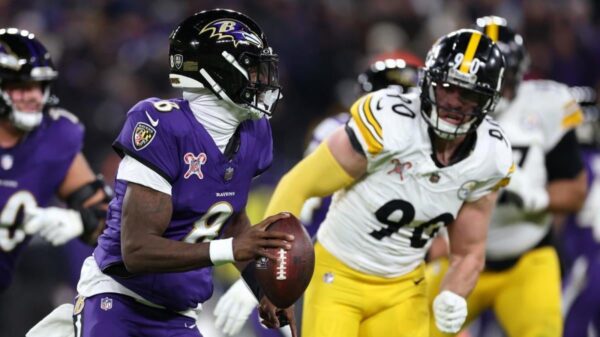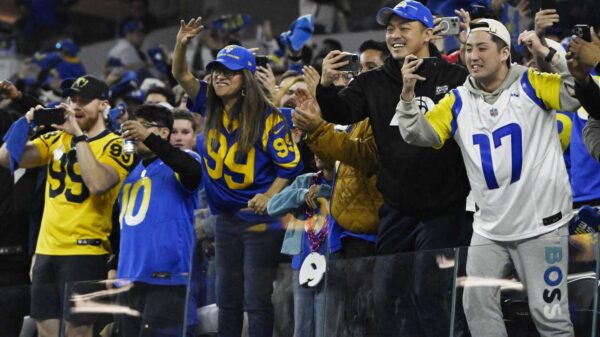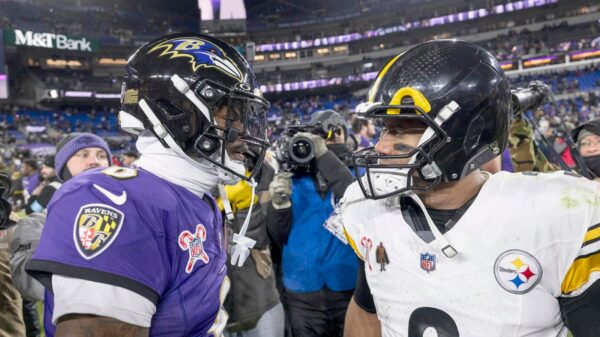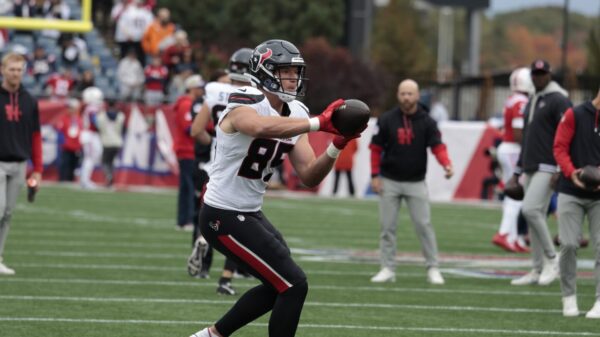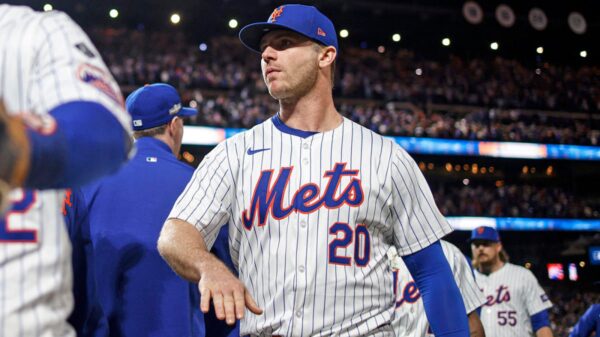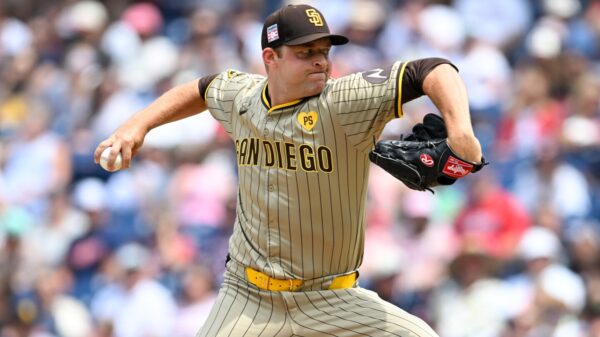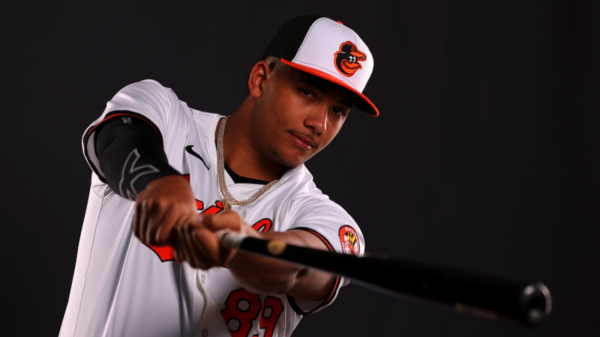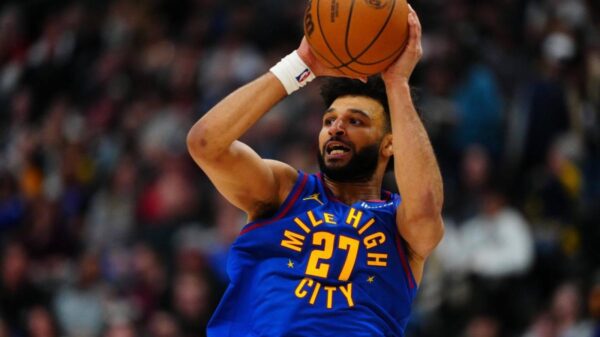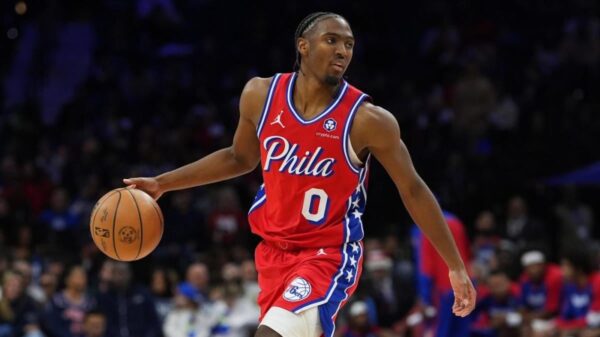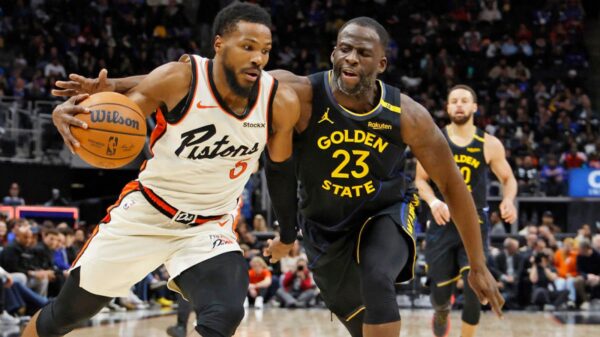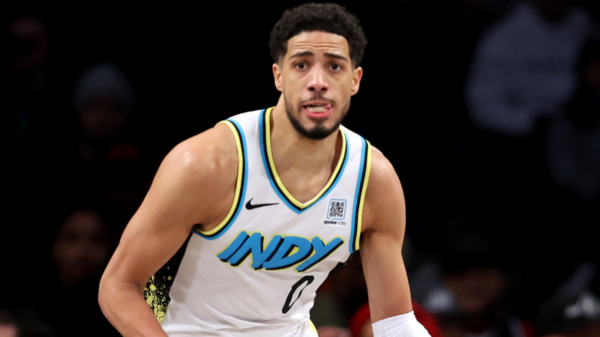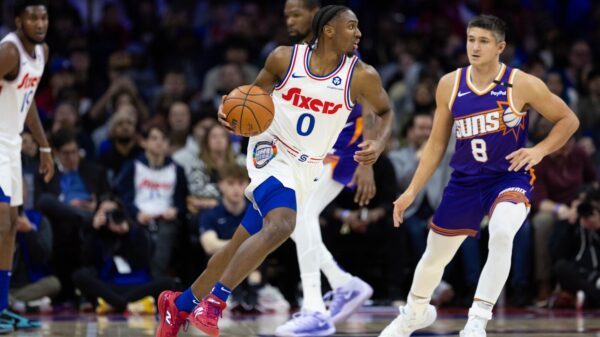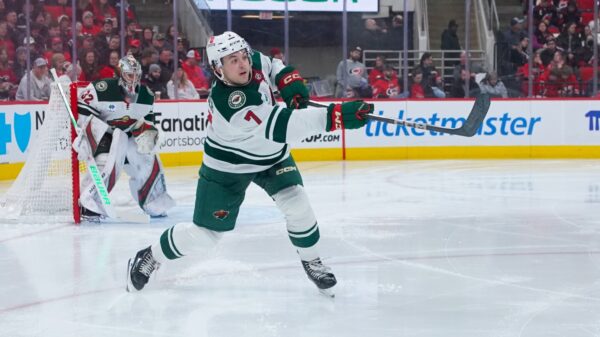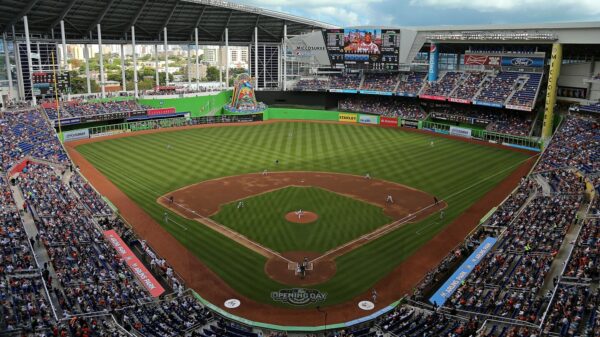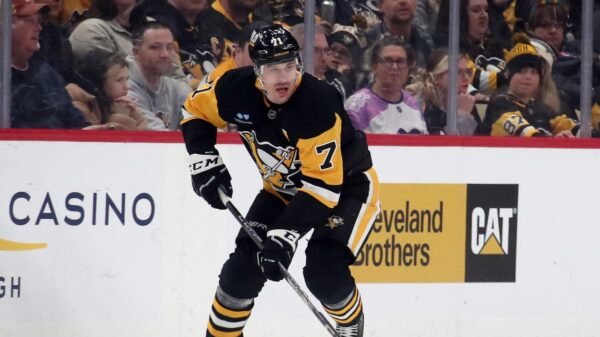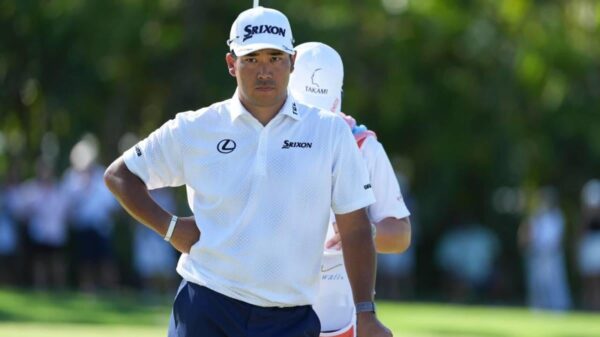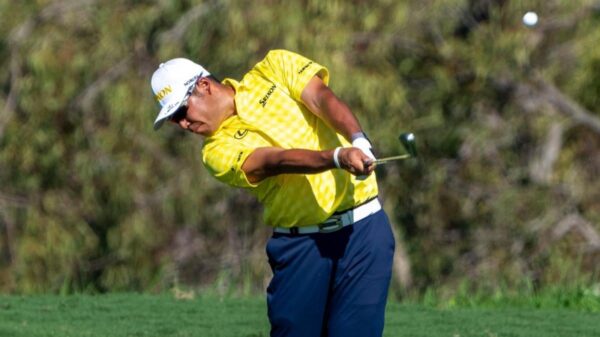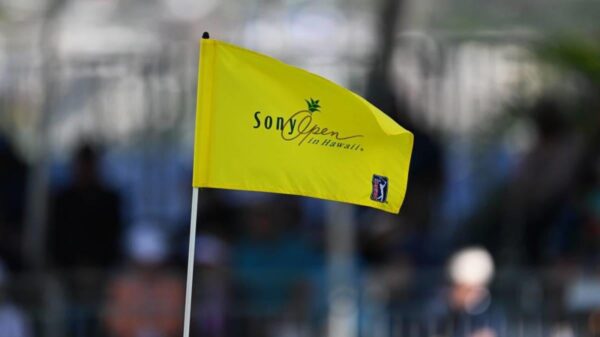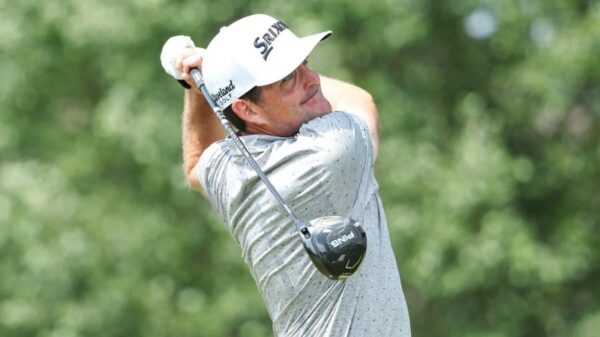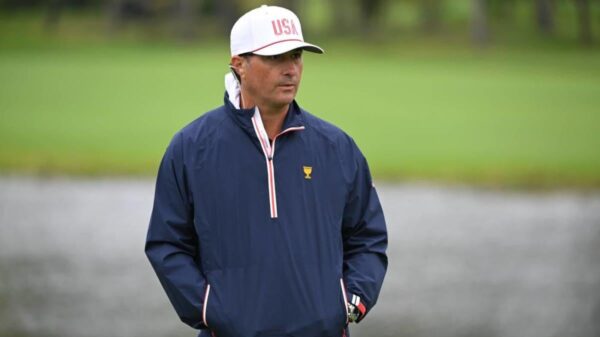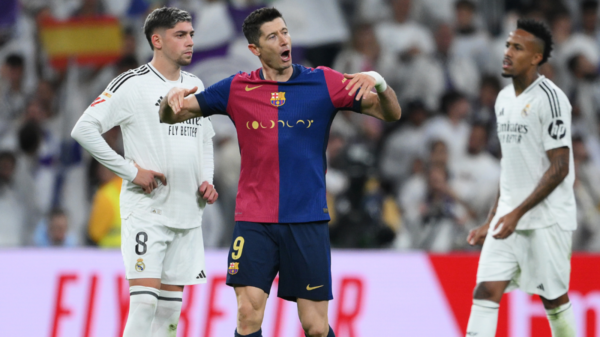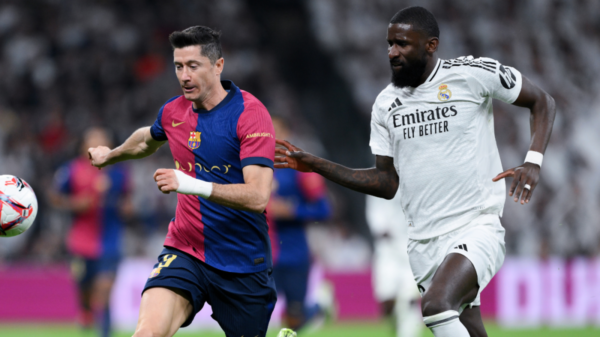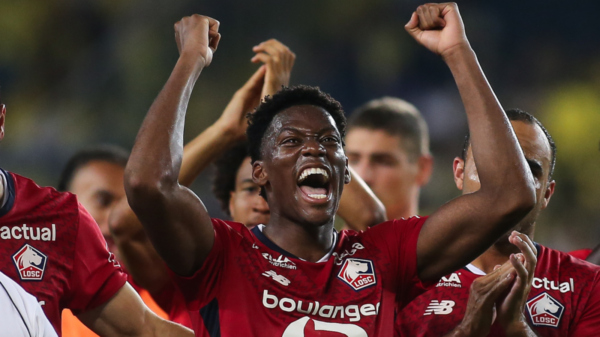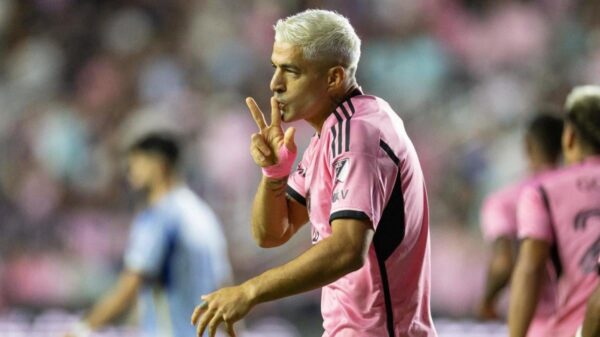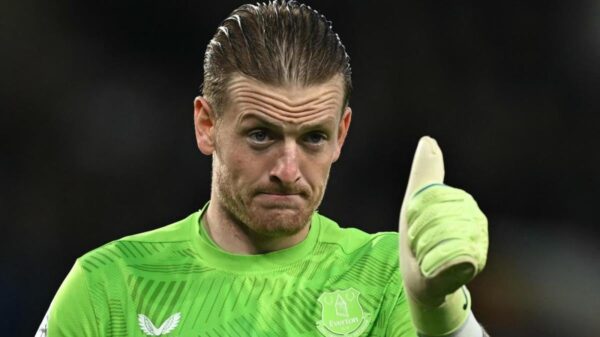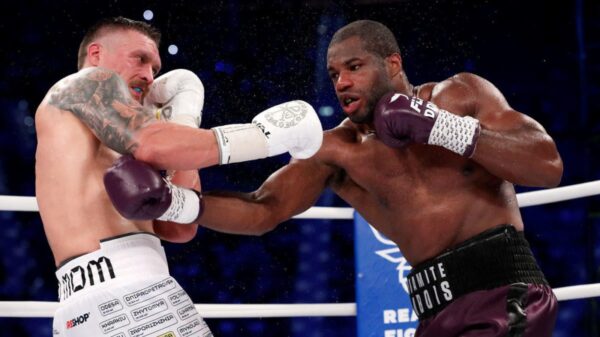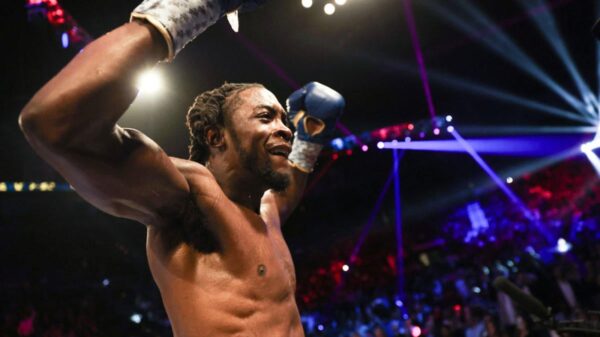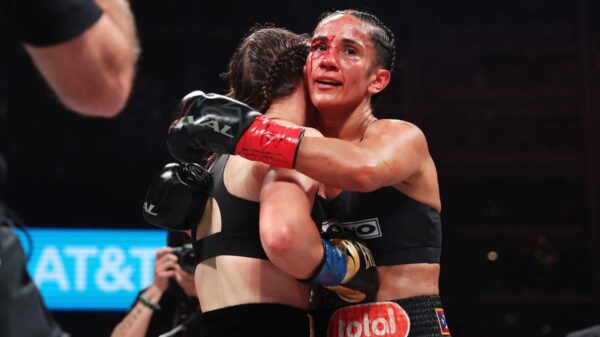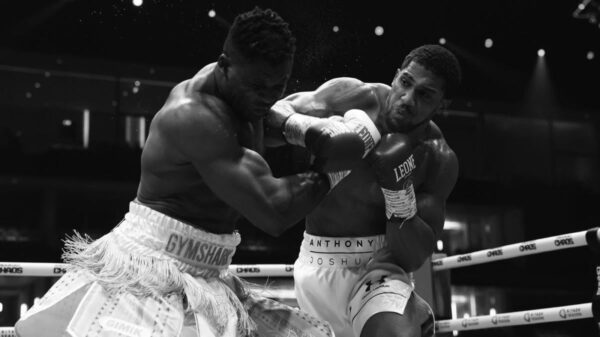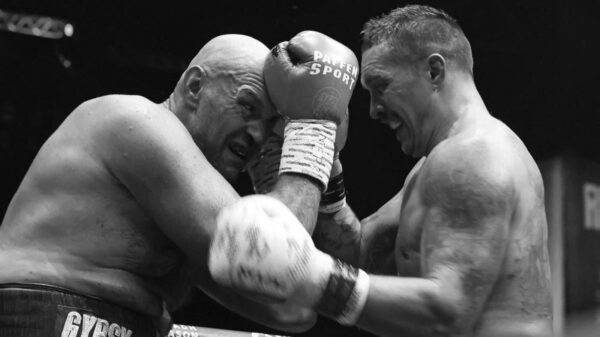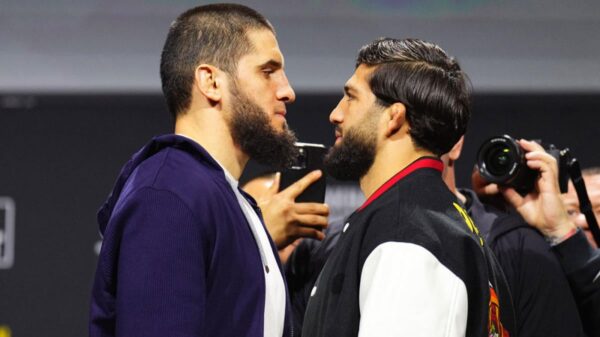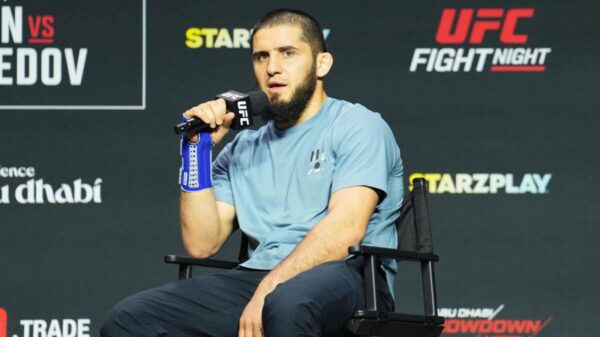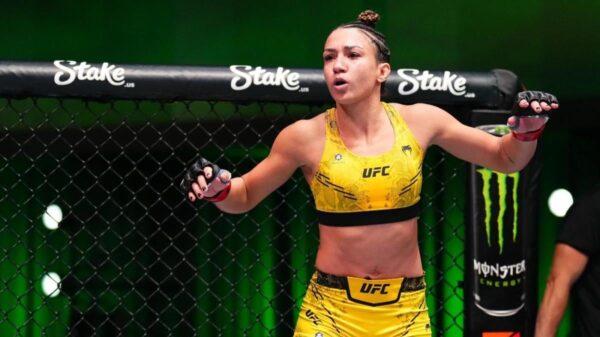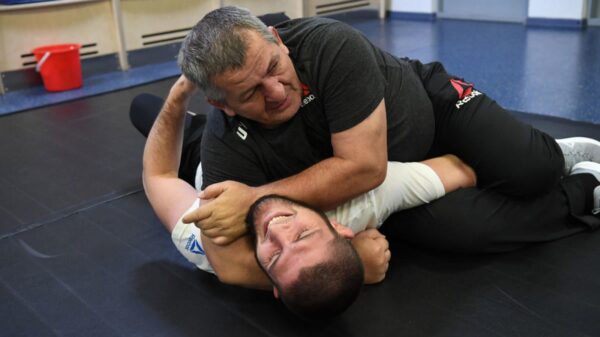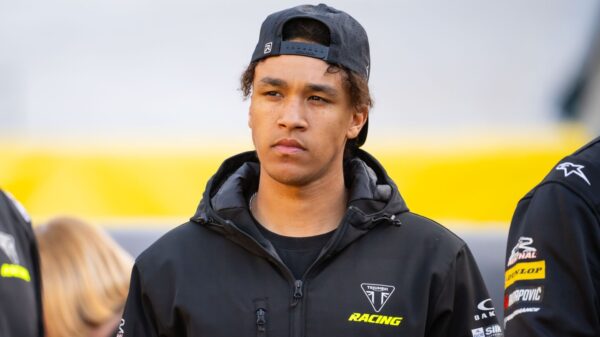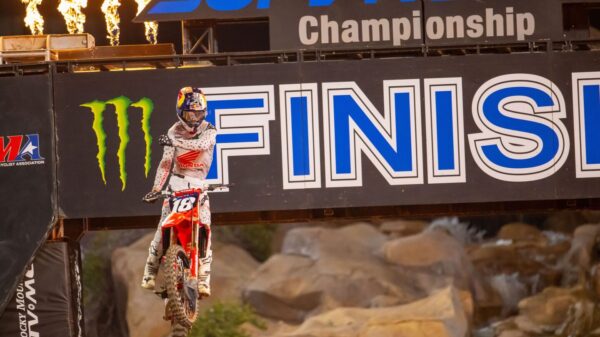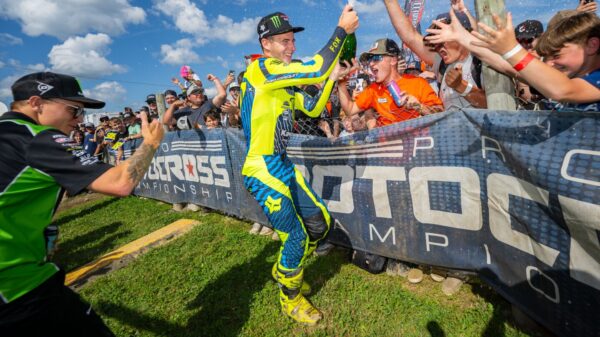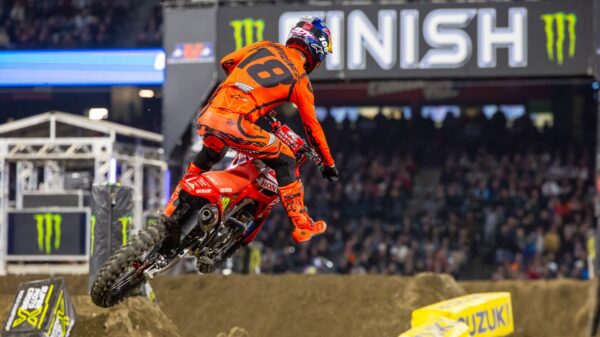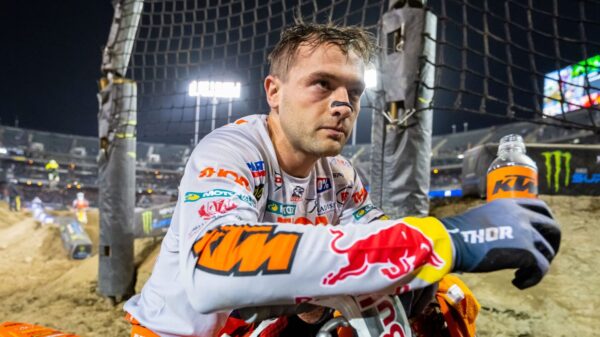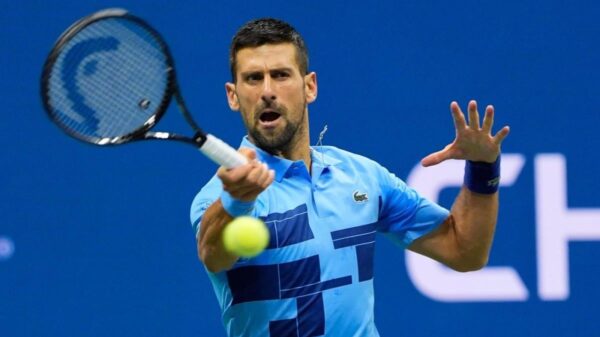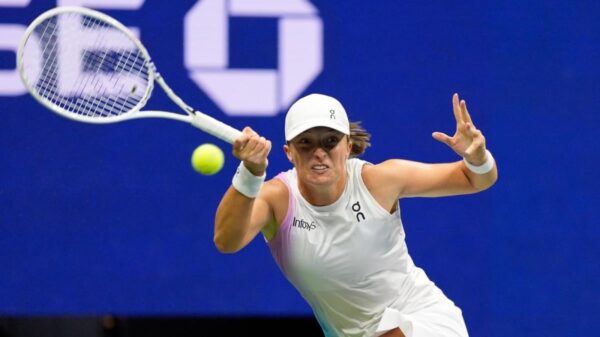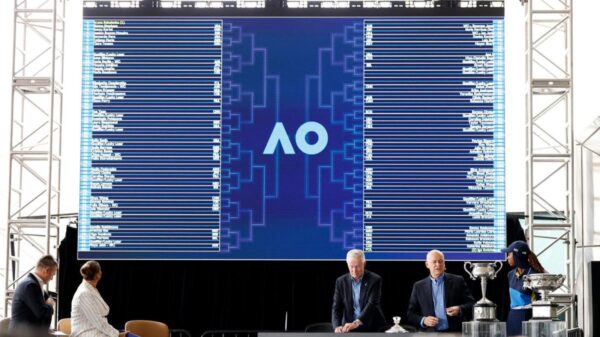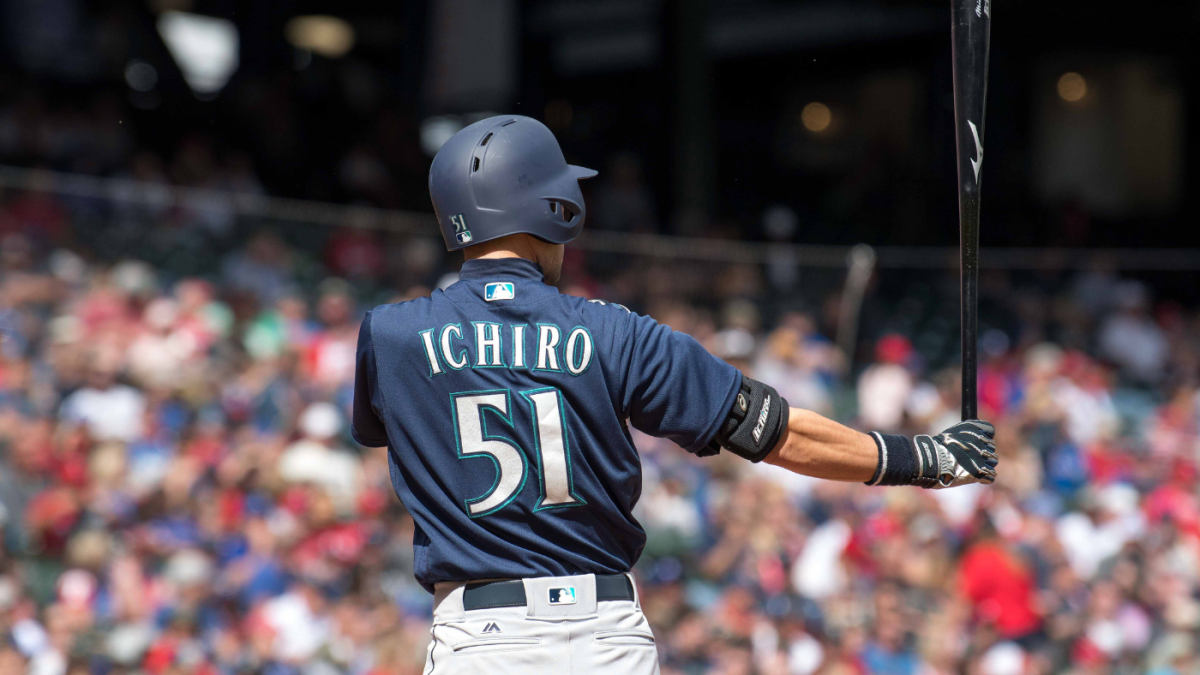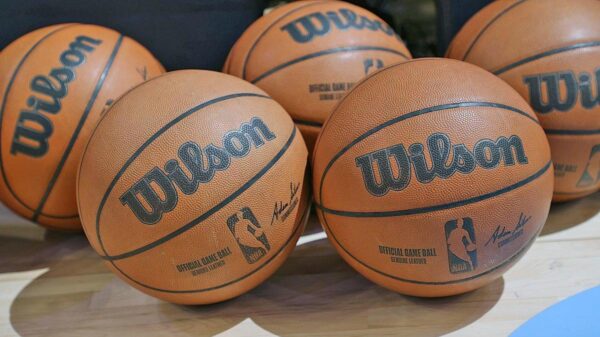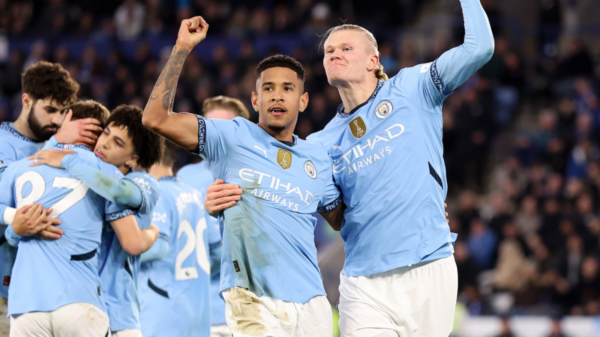This Hall of Fame season marks the first that I have an official vote. It’s already been mailed and received by the vote counters. I’ve written extensively this year, as usual, on the current ballot. Still, I wondered if maybe it was possible that I wasn’t covering everything that might interest fans. That’s when I turned to you, dear reader, for questions, and you came back with some excellent ones. They exceeded my lofty expectations, so I’ll start with a sincere message of gratitude to those who took part: You’re awesome and I hope my answers satisfy.
Padre Fan Dan ask: What percentage of your vote would you estimate is stats vs reputation? The Lofton/Ichiro comp is a great example of how HOF is definitely not a mere stats based vote.
Unfortunately, I don’t have a way to quantify this — so I’m sorry, but I can’t give a percentage — but I firmly believe that there’s a “fame” component that should matter when we evaluate individual Hall of Fame cases. I most extensively got into this with Sammy Sosa back in 2021. Basically, there were people who were OK with Sosa’s ties to PEDs, but still said “no” to him as a Hall of Fame candidate due to falling short in WAR and JAWS. And my suggestion is that, in addition to the 600+ home runs, Sosa’s status as a veritable rock star in baseball for six years absolutely should be a Hall of Fame case enhancer.
I’ve mentioned it for Gary Sheffield’s bat waggle before, too. Sure, it’s a tiny portion of the case, but it kind of matters a little, you know? Kids growing up in the ’90s and early 2000s imitating the bat waggle seems like it matters, to me.
And here is where I think Ichiro Suzuki has to be given major bonus points with his case. There’s a “feel” factor to him. He was a worldwide sensation when he came over in 2001. He had a batting stance kids loved to imitate. He was the first position player to come from Japan and be an immediate superstar. We didn’t need to say his full name. We still don’t! Just say “Ichiro” and even non-baseball fans know who you mean.
That matters. It’s the Hall of Fame, not the Hall of the Most Elite Players of Hall of Stats.
Ichiro’s case (3,000+ hits here in America after only joining the league when he was 27 in addition to a .311 batting average and 509 stolen bases) is a strong one for old-school voters. The WAR and JAWS figures show him below the average Hall of Fame right fielder. The fame factor pushes him above the standard.
As for Lofton, I think he was a big enough deal to be a Hall of Famer while his JAWS and WAR are closer to the average Hall of Fame center fielder than Ichiro is in right field. I think Ichiro is a more obvious Hall of Famer due to everything discussed above, but Lofton remains one of the biggest Hall snubs there is, in my opinion. I also think the timing for him was awful. He was on the ballot for the 2013 Hall of Fame class. That ballot had 10 current Hall of Famers on it in addition to Barry Bonds, Roger Clemens, Curt Schilling, Mark McGwire, Sosa, Dale Murphy, Rafael Palmeiro and Bernie Williams.
Hopefully the Era Committees in the future get a chance to discuss Lofton and I’d do my best to persuade them. I do, however, understand why Ichiro feels like a much more obvious Hall of Famer than Lofton for many people.
From Lev on Bluesky: Given that the BBWAA says that election should be based on certain intangibles (character, contributions to team, sportsmanship) in addition to the stats, do you think we should be giving more thought to players who were famous across the sport (Felix, Wright) but whose stats might be borderline?
As noted above, I certainly believe there’s a fame factor that can be an enhancer to a case. It’s just a question of whether or not the enhancer is enough to get the player to the subjective, hazy, imaginary “line” in the heads of individual voters. It’s difficult to determine exactly how close a player is to the line and how much enhancer is needed to get across the line.
Félix Hernández was such a huge deal he was called King Félix throughout his amazing prime. He won a Cy Young and finished second in voting twice. The rule of thumb say that a player is All-Star caliber if he reaches 5+ WAR and MVP-caliber if he gets to 8+. Hernández had five seasons with at least 5.0 WAR and only one over 6.5, which was 7.2 in 2010. He didn’t hit traditional benchmarks (only 165 wins, didn’t get to 3,000 strikeouts, etc.) and sits well below average in JAWS among starting pitchers.
I think he’s pretty clearly below the Hall of Fame line, basically, but I’ve been having second thoughts now about not voting for him. Why? Because I remember just how big a deal he was through his prime. He felt like a Hall of Famer when I was watching him. A lot of people agree with that. It’s not his fault he was relegated to non-playoff teams throughout his career, but I do wonder what a deep playoff run or two would’ve done to even more greatly enhance his case. Then again, he did fall apart basically once he hit 30. I remain on the fence, even though I didn’t vote for him this year.
David Wright, I think, is forever caught in the same zone as Don Mattingly. He was a pretty widely beloved player in New York City and was viewed at the time as a team leader. He was even called “Captain America” on Team USA in the World Baseball Classic. He was working on a solid foundation of a Hall of Fame resume through age 30, but then injuries wrecked him and he came up short in the compiling department, finishing with 1,777 hits, 390 doubles, 242 homers, 970 RBI and 949 runs. I, frankly, don’t think he had the same “feel” of a Hall of Famer the way Félix did, but he did top out at 8.3 WAR, also throwing in seasons of 7.1 and 6.9.
There are others where I upgraded from their stat lines in my mind as well. Jimmy Rollins was the absolute heart and soul of those Phillies playoff teams from 2007-11. Dustin Pedroia and Rollins, both MVPs, both could be viewed as “glue guys,” even though they were probably too talented to have the term correctly applied to them.
If any of these guys hang around on the ballot, I’ll continue to evaluate their Hall of Fame cases while using the enhancer that is the Fame Factor or if they “feel” like they are more deserving than the stat line indicates.
It is incredibly tough to quantify.
From “Snee” via email: Do you think defense should be more heavily considered (outside of Ozzie Smith, the worst hitter in the Hall)?
Yes. As hitter-only types like Edgar Martinez and David Ortiz have gotten into the Hall of Fame, in addition to some questionable fielders who were amazing hitters over the years, I think there’s absolutely room for the elite-tier defenders to get in. We can zero in on one player in particular on this ballot and I’ve done it before. It’s Andruw Jones. It’s possible to argue he’s the single best defensive outfielder in baseball history. If you looked just at career defensive WAR, you’ll see Ozzie Smith — who, hilariously, caught a stray in the above question — at the top. The top outfielder? Yeah, it’s Jones by a pretty decent margin.
This is where some people might argue for Omar Vizquel, but I’d point out that he’s seventh there among shortstops while Mark Belanger is second. Vizquel is much closer to the likes of Bill Dahlen and Andrelton Simmons than Ozzie Smith. Again, it’s tough to find the line and each of us has to do it on our own.
Also, there’s been an interesting push on the framing numbers put up by Russell Martin and Brian McCann. Framing as a skill for catchers has long been an emphasis in the sport, but it was only starting to be measured in impact around the time Martin and McCann were plying their trade. Turns out they were excellent framers. How much should this enhance their cases? It’s a very intriguing discussion. Of course, they both look like one-and-done guys on the ballot this year. I would advise everyone to hold onto this discussion for when Yadier Molina comes on the ballot in a few years.
Lewie on Bluesky asks: How do you, personally, weigh the importance of precedent and consistency in Cooperstown standards against your own belief of what the Hall should be?
I was very excited to see this question come through. I write something like this in my “myths” column every single time we run it here at CBS Sports (this one is from 2024):
I understand that the Small Hall people out there wish that the Hall of Fame was only the absolute top shelf super-duper-mega stars like Ted Williams, Willie Mays, Hank Aaron, Jackie Robinson, Greg Maddux, Mariano Rivera and Lou Gehrig, but that ship has long since sailed. You’ll find more relatively nondescript names than you care to count, such as Fred Clarke, Ross Youngs, Eppa Rixey, Buck Ewing, Jake Beckley, Kiki Cuyler, Billy Hamilton (no, not that one), Billy Herman, Nellie Fox, Dave Bancroft, Ted Lyons and, well, I’ll stop there.
While I think there’s room to improve — everything is a work in progress, after all — I’m big on precedent. The motivation behind the names being included above is to show that there’s an established standard in place. We don’t dip all the way back to the likes of Troy Tulowitzki and Adam Jones, but we don’t glance at the current ballot and say something like, “well, only A-Rod is worthy because the Hall of Fame should only be the very, very elite echelon of players.” The baseline already in place clears the way for several other players on the current ballot.
I’m not gonna show up for my first year and do something like send in a blank ballot in protest of the standards for the Hall of Fame being too easy. I will likely never do something like vote for only two or three players. I have too much respect for the groundwork laid with regard to previous Hall of Fame standards and those standards show that a much larger percentage of players from the 1920s and 1930s are making it than players from the 1980s and 1990s. LINK TO MYTHS.
Speaking of which …
In an email, Riley wonders: What do you think is the appropriate percentage of big leaguers to be hall of famers?
Here’s the percentage of players who debuted in each decade to reach the Hall of Fame among those who reached at least 5,000 plate appearances or 2,000 innings pitched.
- Pre-1900: 22.1%
- 1900-09: 20.3%
- 1910-19: 23.2%
- 1920-29: 36%
- 1930-39: 19.5%
- 1940-49: 25.4%
- 1950-59: 22.1%
- 1960-69: 15.8%
- 1970-79: 11.4%
- 1980-89: 11%
- 1990-99: 8.6%
Right off the top, the 36% from the 1920s seems outrageous while the ’70s, ’80s and ’90s feel a touch too low. Let’s examine whether or not 20% seems reasonable.
Keep in mind how hard it is to get to those playing time benchmarks. This isn’t suggesting that 20% of every MLB player should be in the Hall of Fame. That would be ludicrous. As things stand right now, there have been 1,053 players to reach 5,000 plate appearances. If we said roughly 20% of those should be Hall of Famers, we’re saying there should be roughly 211 Hall of Fame position players. There are 11 decades listed above. If we distribute the 211 HOF position players equally, we get about 19 players per decade who are Hall of Famers. Let’s say there are 19 position players and 11 pitchers per decade who are Hall of Fame worthy. That’s basically one player per team per decade. That doesn’t seem unreasonable.
Remember, players aren’t eligible for the Hall of Fame unless they accrue 10 years of service time. Per the MLBPA, fewer than 10% of the players in MLB history reach 10 years of service time. If we got as simple as we possibly could, fewer than 10% of the players make it 10 years and, of those who do, around 20% are Hall of Famers, we’re looking at less than 2% of all players — somewhere between 1-2% — to make the Hall.
I’m good with that structure.
Rodney asks, via email: How do you compare WAR for players currently on the ballot with players already in the HOF? The statistic is supposed to make that comparison possible, but since it wasn’t used for HOF decisions in the past, how much does it affect the candidacy now?
While I said I respect the established standards of the Hall of Fame, I certainly have to square that up with the fact that WAR is a relatively new stat and when those standards were being established, it wasn’t even a stat yet. Still, I think it’s a very handy tool in checking out where the line has been set for what makes a Hall of Famer even if no one knew it at the time.
For example, the all-time top 10 in WAR is as follows, in order: Babe Ruth, Walter Johnson, Cy Young, Barry Bonds, Willie Mays, Ty Cobb, Henry Aaron, Roger Clemens, Tris Speaker and Honus Wagner. In terms of how good a player was compared to his peers, that’s a reasonable top-10 all-time players list. Even without WAR, it’s a good list. That tells me WAR could be pretty accurate.
As such, generally speaking, if someone looks out of place, I tend to think that player is either overrated or underrated rather than thinking WAR got it badly wrong. For example, at second base, Lou Whitaker is seventh all time while Robinson Canó is 10th, Ryne Sandberg is 11th, Roberto Alomar is 12th and Craig Biggio is 14th. Chase Utley, on this ballot, is 15th, by the way. My biggest takeaway there isn’t “WAR is dumb,” but instead, “damn, Whitaker was underrated and needs to be in the Hall of Fame.”
Now, while I value WAR, a single stat is never going to carry the day for me. Again, we’ll get to this discussion later, but I don’t think it tells close to the whole story with Yadier Molina. And a short peak guy who was absurd during that limited period like Sandy Koufax is also greatly short-changed by WAR.
Speedsterm on Bluesky has a request: Persuade a doubter on Abreu.
I’m glad to get this one because I wanted to make a point clear. First, though, on Abreu specifically, I’ve written on him before (right here is an example), but the main point would be his all-around offensive prowess. Note his excellent slash line of .291/.395/.475 along with 2,470 hits, 574 doubles, 59 triples, 288 homers, 1,363 RBI, 1,453 runs and 400 steals. He may not have reached 3,000 hits, but he’s also 20th all-time in walks, helping push him to 49th all-time in times on base.
Among right fielders, Abreu tops the following players in career WAR: Ichiro, Vladimir Guerrero, Sammy Sosa, Chuck Klein, Sam Rice, Harry Hooper and Harold Baines. All of those players will be in the Hall after this vote except Sosa and Abreu. One of them has a PED tie. One doesn’t.
Now, I still think it’s reasonable to say Abreu should fall short of the established Hall of Fame standard. I voted for him, but here’s where I get to make the point I said I wanted to make clear: I’m not the sole Hall of Fame voter. I don’t get to decide which players get in or are left out. If that was the case, I’d probably be a bit more stingy with my votes. I’m a “Big Hall” guy, yes, but I have also voted for several players who I don’t necessarily think should be Hall of Famers — or at least I’m not 100% sure like I am with players like Ichiro and Sabathia. I’m just part of a voting body of 400+ members, some of whom only vote for one or two or three or even zero players on the ballot. That means if a player like Chase Utley is left off a ballot, he needs to overcome that empty box with three “yes” votes in order to make the Hall. That’s an incredibly high bar.
Given this, I think someone like Abreu is close enough that he’s worth my vote just on the chance to get enough of those to overcome all the “no” votes.
This is why I try to find the line of my personal standard and then reach a little below it. I’m not perfect. I do a ton of homework, but that doesn’t mean I’m right about everything in this subjective exercise. That means I’ll leave wiggle room for some of these players.
Hopefully it makes sense.
On that front …
Connik on Bluesky inquires: There are a few players on this ballot with “issues” — Beltran & McCann (2017 Cheating), A-Rod, Manny, & Pettitte (Steriods), Andruw Jones, Vizquel, K-Rod (run ins with law enforcement)… What was your thought process for these players if they were “worthy” of your vote?
I toyed for a long time with totally ignoring the PED issue, but it seems like it matters to a lot of people and I look at myself as a kind of representative of the general public. Every fan poll I’ve seen with the biggest name PED guys has usually fallen pretty close in line with where the vote percentages for the Hall of Fame do. I realized I needed to come up with a consistent line so I knew where I was going to be with every player on the issue instead of picking and choosing.
I came up with the following: If a player was suspended by Major League Baseball for violating the joint drug agreement, I won’t vote for him. If he was never suspended, I’ll just vote for what we saw on the field. If MLB didn’t care about any PED use, then I don’t either. Once a player knew he was risking suspension and hurting his team in the process, and proceeded to juice anyway, that’s enough for me to withhold a vote. My problem is not “drug cheat” and instead “knowingly violated rules and cost his team in doing so.”
Manny Ramirez is an easy no with two suspensions here. Andy Pettitte’s PED ties were never tested-and-suspended types, so he’s clear. A-Rod served 211 games, so he’s a no. That said, MLB’s investigation into A-Rod could’ve been considered a witch hunt, so if he starts to get close to 75% and there’s a huge movement for him to get in — again, I want to serve as a bit of a representation for fans — I’ll reconsider and maybe vote for him. It doesn’t seem like that will come into play, though.
The legal stuff is tougher for me to swallow, because some of what we’re dealing with is actually far worse on a human level than some of the PEDs players use these days, but I’m not trying to take a stance on morality here. In fact, I’m trying to avoid a moral stance. This was an on-field judgement for me. Jones was never suspended and I’m voting for him. I don’t love it, but I don’t feel like I’d love a good number of past Hall of Famers in person anyway. There are some awful people in there and who am I to judge character?
Francisco Rodriguez and Omar Vizquel are short for me anyway, so they were “no” votes from the get-go. I do think K-Rod’s suspension — albeit a short one — means I’d need to avoid him after saying what I did about PEDs above.
As for the sign-stealing scandal, I never really thought that would be something that would prevent me from voting for anyone for the Hall of Fame. It was an entire team operation and no players were suspended as a result. Does that mean I think they didn’t do anything wrong at all? Nah. It just means I’m not holding an entire team responsible the way I feel like Manny Ramírez put himself above everyone and then cost the 2009 Dodgers 50 games of his service.
I fully understand and accept that there will be people reading this section who think I’m doing a terrible job with it and doing something that “doesn’t make sense.” That comes with the territory. It’s just how I’ve decided to do things here and I wanted to try and find some semblance of consistency that didn’t involve ignoring everything.
Bruce on X asks if anyone already in the Hall of Fame is found “to have taken PEDs, should they be booted?”
For me, no way. I don’t know if it’s better to use “the toothpaste is already out of the tube” or one of my favorite card game lines, “a card laid is a card played,” but the point remains the same for me here. Once a player is already in the Hall of Fame, that’s it. I don’t think we should be in the business of re-litigating anyone.
An interesting example here might be Pud Galvin. One of the top pitchers in the 1800s, he racked up 365 wins with a 2.85 ERA in more than 6,000 innings. He once posted a 20.5 WAR season. Galvin was inducted into the Hall of Fame in 1965. Since then, it was uncovered that during his playing days Galvin used Brown-Sequard elixir, which contained monkey testosterone and is a PED. But he’s already in there.
I don’t think we need to audit the past of every player there. I think the job in front of us is doing the work on the players up for induction.
We’ll end with another email, in which Mason wants to know: Do you think media should vote for managers 5 years after they retire? Or at a certain age so they aren’t too old? For instance many golfers get (into the) Hall of Fame during their careers since they can play so long.
I love every question here, but this might be my favorite one because I had never before — for some reason — even thought about this. Everything else here I’ve considered pretty strongly for years, but this one I never even had a passing thought about.
I wouldn’t have a problem with judging managers for the Hall of Fame on our BBWAA ballot, assuming we got extra spots for them. In general, I think the bigger the voting body the better, because that leaves a lot less room for flukiness. As such, the BBWAA voting body is much bigger than the 16-person panel that does the Era Committee voting. I also don’t think that committee is doing a bad job at all. In fact, the last several years they’ve had some great votes.
The biggest thing for me here is the latter part of the question. My answer on if managers should be eligible to be voted into the Hall of Fame by a certain age, even if active, is an emphatic yes. Right now, they need to be retired for at least five years or, if over age 65, for six months.
Dusty Baker is 75 years old and has only been retired from managing for one year. He’s an obvious Hall of Famer and will get in soon, but he could’ve been inducted several years ago. Bruce Bochy is 69 and still active. Terry Francona is 65 and just took the Reds’ job.
Do we really need to wait on these guys? All three seem easy and obvious votes.
Maybe once a managerial candidate hits 65 years old, he’s eligible to be placed on a ballot without a further waiting period, even if still active, and the obvious candidates just make it in with ease and keep managing. I’d be fine with that. I don’t think there are many people who would object to Bochy being named a Hall of Famer and then still managing the Rangers next season or if Baker had already been inducted before retiring.
It isn’t like we haven’t already had Hall of Famers return to the dugout. Tony La Russa got in the Hall of Fame in 2014 and then managed the White Sox in 2021-22.
If anyone is wondering something like, “why the hurry,” well, just look at the ages. Mortality is a real thing to consider. Getting into the Hall of Fame is such a big honor that I’d rather every Hall of Famer ever to get in while alive instead of dealing with most posthumous inductions like Dick Allen this year.
Read the full article here

